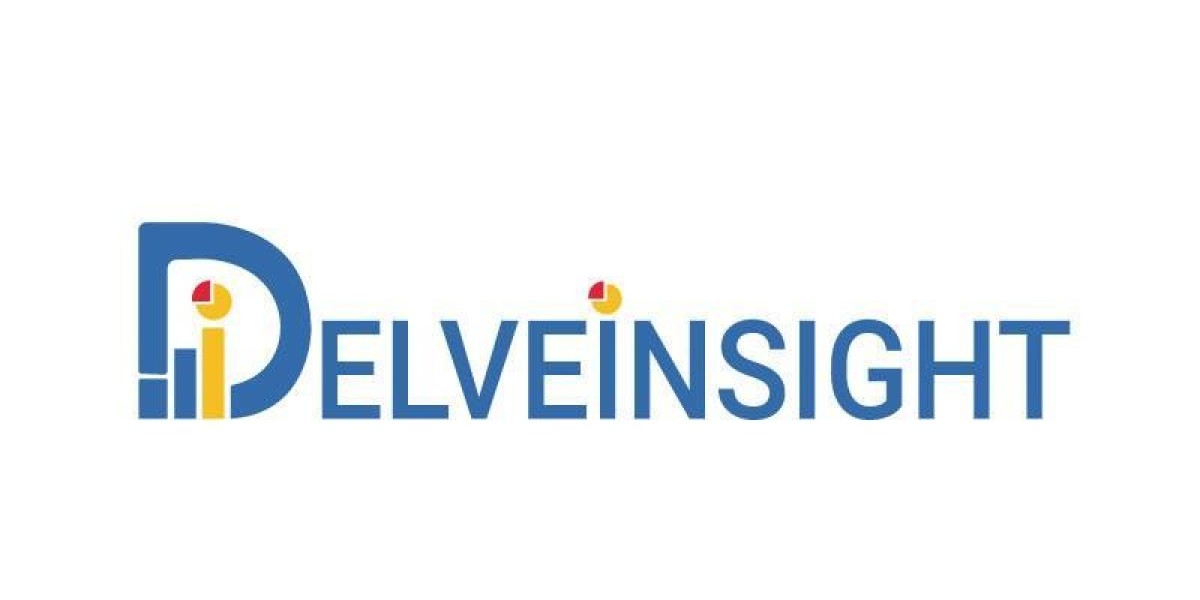Syphilis, a sexually transmitted infection (STI) caused by Treponema pallidum, continues to pose significant public health challenges globally. Despite being preventable and treatable, syphilis cases have been on the rise, particularly in regions with limited access to healthcare and STI prevention programs. The rising incidence of syphilis has driven the demand for effective therapeutics, fueling the growth of the syphilis drugs market. DelveInsight’s analysis of the syphilis drugs market offers an in-depth look at the current landscape, market dynamics, leading therapies, and emerging trends in treatment options.
Current Syphilis Therapeutics Landscape
Penicillin, particularly benzathine penicillin G, remains the gold standard for treating syphilis, especially for primary, secondary, and latent stages. However, for patients with penicillin allergies, alternative therapies such as doxycycline, azithromycin, and ceftriaxone are often used. While these therapies have been highly effective, the increasing global burden of syphilis, coupled with rising rates of co-infection with other STIs like HIV, necessitates continuous innovation in syphilis treatment options.
Key pharmaceutical companies are working on new formulations and therapies aimed at improving efficacy, reducing treatment durations, and addressing drug resistance. Additionally, the increasing focus on point-of-care diagnostic tools is helping to facilitate earlier diagnosis and timely treatment, significantly impacting market demand for syphilis drugs.
Syphilis Market Drivers
Several factors are driving the syphilis drugs market:
Increasing Incidence of Syphilis: According to the World Health Organization (WHO), the global syphilis burden is rising, with millions of new infections reported each year. The increasing prevalence of syphilis is largely due to unprotected sex, lack of awareness, and inadequate healthcare access in certain regions. This growing disease burden directly contributes to the rising demand for effective syphilis treatments.
Co-Infection with HIV: There is a notable correlation between syphilis and HIV infection, as syphilis increases susceptibility to HIV transmission. This co-infection dynamic has intensified the need for robust therapeutic options that address both infections. Moreover, patients with syphilis and HIV require tailored treatment regimens, further driving the syphilis drugs market.
Advancements in Diagnostic Tools: The development of rapid diagnostic tests (RDTs) for syphilis is enabling earlier diagnosis and treatment, which helps in controlling the spread of the infection. Earlier treatment also reduces the risk of long-term complications like neurosyphilis and congenital syphilis. This trend is expected to contribute to increased demand for syphilis drugs as healthcare systems place greater emphasis on early detection and intervention.
Awareness and Prevention Programs: Governments and health organizations around the world are investing in syphilis awareness campaigns, which are designed to educate populations about safe sexual practices and the importance of early diagnosis. These campaigns are likely to boost the demand for syphilis drugs as more individuals seek treatment following awareness initiatives.
Market Challenges
Despite the promising growth outlook, the syphilis drugs market faces several challenges:
Penicillin Shortages: Penicillin shortages in certain regions can hinder timely syphilis treatment, particularly in low- and middle-income countries. Since penicillin is the first-line treatment, any disruption in its supply can have significant consequences for patients, leading to treatment delays and prolonged infection transmission.
Resistance to Alternative Therapies: Some strains of Treponema pallidum have exhibited resistance to antibiotics like azithromycin. This emerging resistance is a concern, as it may reduce the efficacy of alternative treatments, leaving fewer therapeutic options for patients who cannot tolerate penicillin.
Stigma and Lack of Access: In many regions, stigma surrounding STIs and a lack of healthcare infrastructure can prevent individuals from seeking timely diagnosis and treatment. These barriers may slow the growth of the syphilis drugs market, especially in areas where healthcare access is already limited.
Key Players and Competitive Landscape
Several pharmaceutical companies are actively involved in developing and distributing syphilis therapeutics. Some of the key players in the syphilis drugs market include Pfizer, GlaxoSmithKline, Bayer AG, and F. Hoffmann-La Roche Ltd. These companies are focused on improving existing therapies and developing new drug formulations to meet the evolving needs of the market.
In addition to the established players, emerging biotech firms are exploring novel treatments and vaccine development for syphilis. Although there is no approved vaccine for syphilis as of now, ongoing research in this area could revolutionize prevention and further reduce the incidence of the disease in the coming years.
Future Outlook and Market Opportunities
The syphilis drugs market is expected to witness significant growth in the coming years due to rising disease prevalence, advancements in diagnostic tools, and the increasing integration of syphilis treatment within broader STI management programs. Moreover, as healthcare systems continue to strengthen STI prevention and treatment initiatives, the demand for effective syphilis therapies is likely to rise.
Looking ahead, several trends are expected to shape the future of the syphilis drugs market:
Vaccine Development: Research into syphilis vaccines is gaining momentum. While still in the early stages, successful development of a syphilis vaccine could dramatically shift the treatment landscape, offering a long-term preventive solution and reducing the need for repeated antibiotic treatments.
Combination Therapies: Given the overlap between syphilis and other STIs, combination therapies that target multiple infections simultaneously could emerge as a key area of focus. These therapies would address not only syphilis but also common co-infections like HIV, further streamlining treatment protocols.
Telemedicine and Digital Health Solutions: The rise of telemedicine is making it easier for patients to access STI testing and treatment, including for syphilis. Digital health platforms that facilitate remote consultations, diagnostics, and prescription services are likely to contribute to increased access to syphilis drugs, particularly in underserved regions.
Conclusion
The syphilis drugs market is poised for growth, driven by the increasing incidence of the disease, advancements in diagnostic tools, and growing awareness of the importance of early treatment. While challenges such as drug resistance and penicillin shortages persist, ongoing research and development efforts hold promise for innovative solutions. As the market evolves, syphilis treatment options are expected to become more diverse and accessible, offering hope for better disease management and ultimately reducing the global burden of syphilis.
List of Top Selling Market Research Reports in 2024
Antibody Drug Conjugate Market
CD47 Antigen Inhibitors Market
Transcatheter Heart Valve Replacement Devices Market
Surgical Energy Generators Market
Varicose Vein Treatment Devices Market
Bone Growth Stimulators Market
Myeloproliferative Neoplasms Market
Meningococcal Meningitis Market
Cardiac Monitoring Devices Market
Novel Drug Delivery Devices Market
Total Knee Arthroplasty Market
Pigment Epithelial Detachment Market
About Us
DelveInsight is a leading healthcare-focused market research and consulting firm that provides clients with high-quality market intelligence and analysis to support informed business decisions. With a team of experienced industry experts and a deep understanding of the life sciences and healthcare sectors, we offer customized research solutions and insights to clients across the globe. Connect with us to get high-quality, accurate, and real-time intelligence to stay ahead of the growth curve.
Contact Us
Yash Bhardwaj
info@delveinsight.com



